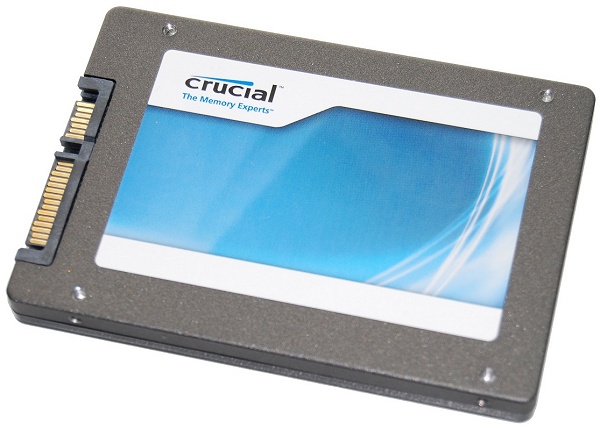Final Thoughts
So, have we seen a repeat performance of the RealSSD C300's grand entrance? Not really. Although we found the m4 to be considerably faster in our file transfer tests as Crucial fine-tuned top end sequential performance, that had little impact on our real-world application tests where the m4 was often slower than its predecessor. In fact, we should commend the C300 for its impressive showing, as it's still very fast by today's standards.
Ultimately, Crucial sacrificed low-end performance, which hurt multitasking, in favor of higher sequential transfer speeds in order to make the m4 appear faster. Instead of making strides, it seems Crucial was more focused on delivering a more affordable next-gen SSD. Shifting to 25nm memory has helped the company reduce the m4's price to the point where its sufficiently undercutting OCZ's new Vertex 3.

Crucial has also undercut Intel's latest SATA 6Gb/s drive, as the 128GB m4 is currently going for $270 on Newegg, which compares to $280 for the 120GB 510 Series. Nonetheless, neither drive is particularly attractive in the grand scheme of things. Bargain shoppers can find similar performance in the cheaper 128GB RealSSD C300 ($238), while enthusiasts shouldn't hesitate to spend a relatively small premium for the quicker 120GB Vertex 3 ($300).
It's no different with larger drives. For instance, the 256GB m4 costs $450 today after early price cuts (it was initially sold for $500) and the 250GB Intel 510 Series runs a whopping $570, while the RealSSD C300 is $465, offering a valid alternative to the wallet-conscious consumer. Meanwhile, the 240GB Vertex 3 costs $560, making it a no-brainer decision over the Intel 510 and a $110 premium over the slower Crucial m4.
To reiterate, we feel the Vertex 3 is worth the premium if you can afford it – just look at its Windows 7 and StarCraft II load times, they are phenomenal. On the other hand, the m4 appears to be nothing more than a rehashed version of the C300. While it looks faster on paper thanks to improved sequential performance, it's actually slower in real-world situations as far as we're concerned.